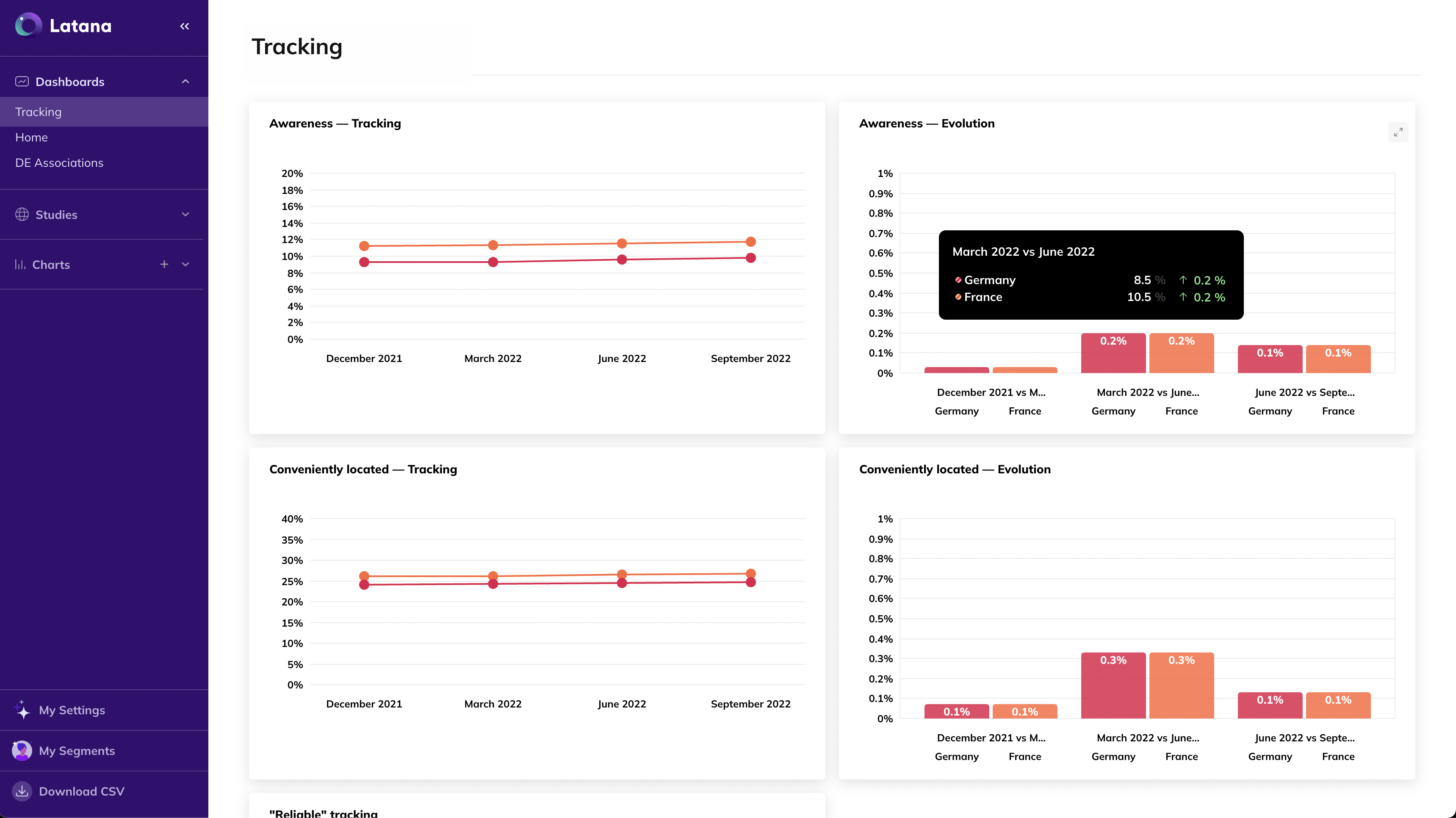The world was shaken up by the arrival of GDPR in 2018. For four years now, the digital population has been increasingly exposed to and educated on the notion of data privacy. On top of that, there has been a division of 'internets' – sites that Europeans can access, and sites they can't. Because for many businesses abroad, it seems that becoming data compliant with GDPR was more hassle than the potential business Europeans can bring in.
Not adhering to GDPR regulations can be a costly mistake, since it can mean fines of up to 4% of the company's global revenue or €20 million. So far, a few high-profile fines have been issued, including Amazon, which has received the highest fine to date, at €746 million EUR, issued by Luxembourg.
What's more – the EU isn't stopping with GDPR. The EU Council is currently in talks to discuss replacing the 2002 ePrivacy Directive with something more relevant to the current digital landscape, and notably, tackle 3rd party cookie policy.
Oh, and GDPR isn't just a purely EU thing. The UK's Data Protection Act – the UK version of GDPR also introduced in 2018, and mostly the same. Meanwhile, there are 16 other countries in the world with GDPR-like laws. The EU has been said to show the way when it comes to laying down the law for data privacy – we can certainly expect this trend to expand globally.
It comes as no surprise that the development of these restrictions has led to an entirely new sector – DPaaS – or Data Protection as a Service. It's expected to grow to $361.5 billion by 2032, up from $28 billion this year. People are taking control of their information.
Without access to hoards of digital user data, does this mark the beginning of the end of the rule of big data?
Cutting off oxygen to the advertising sector
While data privacy laws are considered generally good for the public-at-large, the overall consensus is that the hardest-hit industry is the advertising sector who relied on this data to fuel their ad campaigns. They can't just go using visitor data (or 3rd-party data gained through possibly more nefarious means) anymore. No matter how many conversions it drives. Now, there are processes in place, and the stakes are raised.
As people have become more educated about how their data is used, they've become more discerning about the concessions they make. iOS's recent App Tracking Transparency feature lets iPhone users easily opt out of any tracking – since launching in April of 2021, only 25% of iOS 14.5 users have opted in to sharing their data with apps on their phone.
So what's an advertiser to do? And what does this mean for brands that rely on this data for personalised marketing?
GDPR, after all, isn't all fun and games. Some studies have found that specifically small and medium-sized businesses have been particularly hard hit, as they simply can't afford to invest the amount of capital into becoming GDPR compliant as necessary. A study by Ernst & Young found that Fortune 500 companies have collectively spent over $7.8 billion on GDPR compliance.
Zero-party data – an alternative fuel?
One option for the advertising sector to consider is zero-party data. In other words, data that is shared willingly.
Think quizzes, surveys, calculators, forms, etc., where you answer specific questions about yourself to narrow down products best for you. Like answering questions about skincare or dietary preferences. That way you give the brand exactly what they need to offer you customised service.
The benefit to zero-party data is that you can treat each online visitor like the unique individual that they are, rather than treating them all the same and hoping it works, or worse – making assumptions.
In other words, it can be extremely valuable. In fact, serial entrepreneur Vlad Gozman calling zero-party data “the new oil”. What's more – when combined with AI, zero-party data can be leveraged to extract tendencies that can be applied to others, thus providing visibility to a previously shrouded audience. All without infringing on their data privacy.
If collecting zero-party data used to mean an unfathomable amount of manual data entry, then the digital era's got your back. Software like Latana can help not only to collect that data, but also apply the AI to make best use of it.

Latana's brand monitoring tool lets you view your brand's data for KPIs, audiences, and competitors in one dashboard. This makes reporting and gathering consumer insights a breeze, but most importantly, it gives you full flexibility in your ability to explore the data and insights gathered for you.
End of advertising? Think again.




Would you like to write the first comment?
Login to post comments